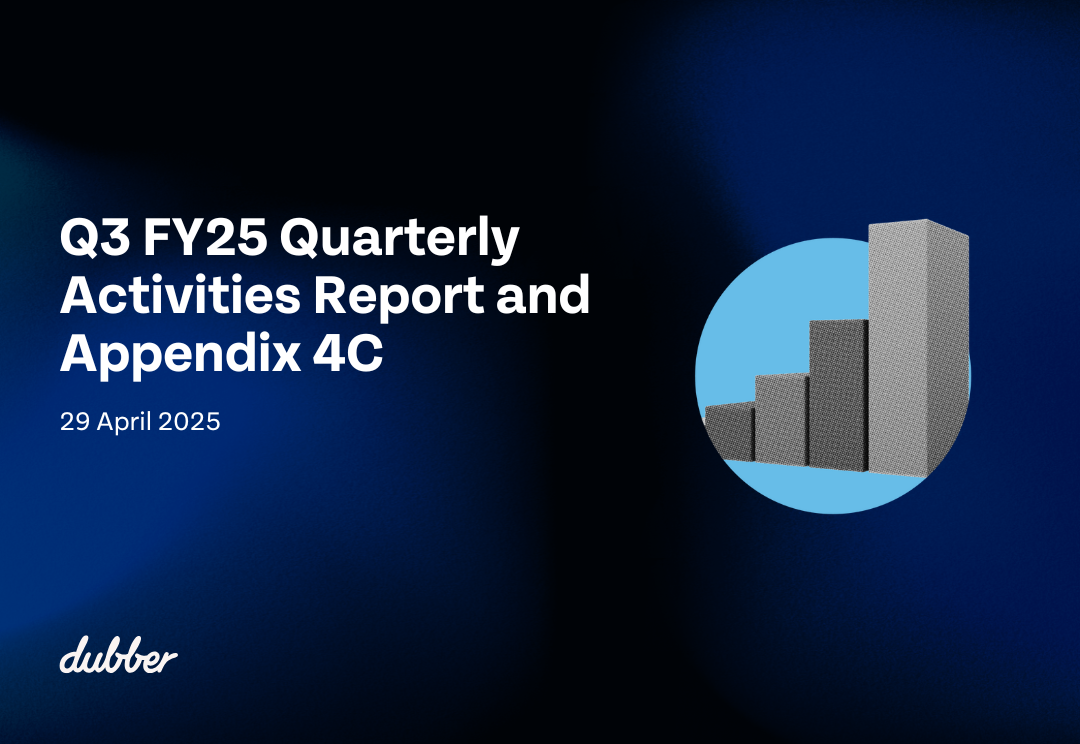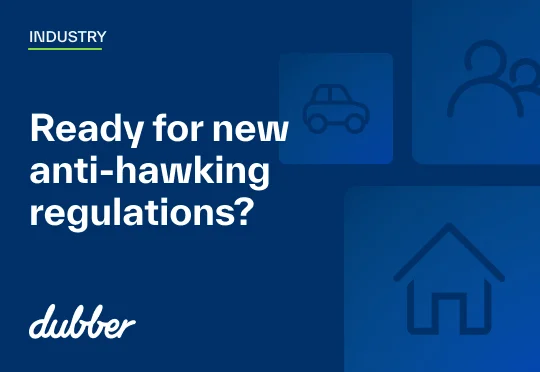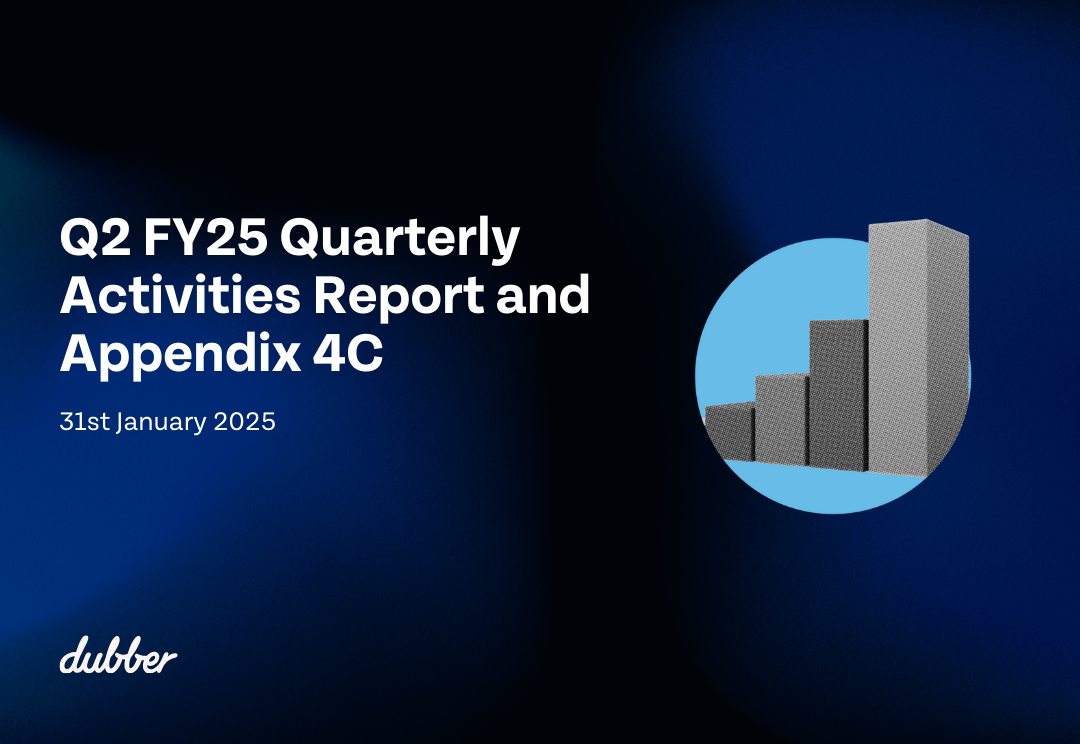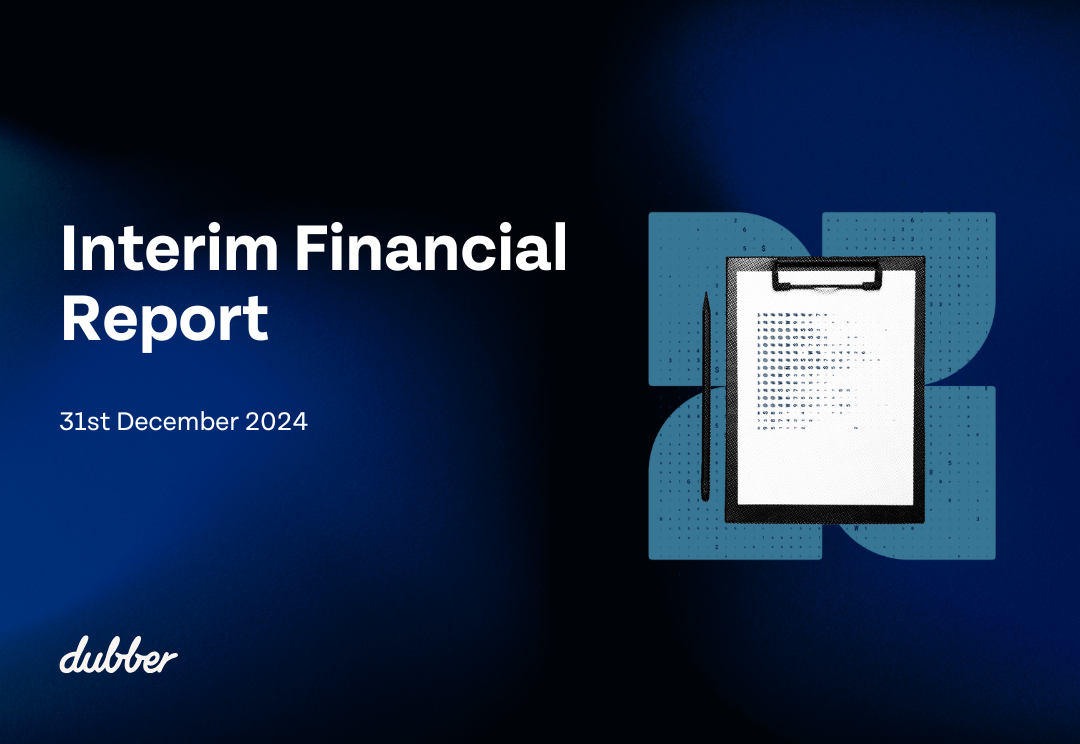

Are you ready for anti-hawking regulations?
From October, Australian insurers and financial institutions must comply with new anti-hawking and internal dispute resolution regulations.
Both sets of rule changes add to compliance risks and highlight the need for reliable, comprehensive call recording. Here we look at the implications of new anti-hawking rules, a second post will examine the internal dispute resolution requirements.
Anti-hawking legislation
Anti-hawking means that offers of financial products to retail clients can no longer be made as a result of unsolicited contact. In effect, it is the end of unsolicited cross-selling.
DLA Piper partner Sophie Devitt says the law addresses concerns raised in the Banking Royal Commission that poor customer outcomes may occur when sales of financial products occur after-sales teams contact customers without any prompting.
She says; “A concern raised by ASIC is that unsolicited contact means there’s a risk customers will be unable to make clear and informed decisions about the products they may or may not want.
“While that’s the main focus of the new law, there’s also recognition that even when a customer contacts the financial service provider in relation to a specific product, that the risk could still occur.”
In the past, general insurance products were exempted from the hawking provisions. They were able to cross-sell so long as they could meet certain requirements and provide key information to consumers. That exemption has gone.
Clear informed consent
Now the regulatory environment is all about having “clear, informed consent” even before creating an opportunity for a consumer to buy a product. The idea is to reduce the pressure on consumers to buy, even when there is a cooling-off period.
Many finance companies have traditionally used call centres for cold-calling to handle these sales. Under the new rules, accurate and complete call recording becomes a compliance must-have.
Devitt says the rules can be tricky to navigate.
How can call recording and voice AI help?
Dubber call recording can collect and document evidence of a clear customer request to buy further insurance or financial products. It’s unobtrusive, the recording takes place at the network level and needs no intervention by the person taking the call. Transcripts are available on every call.
Voice AI provides critical insights to flag potential compliance risks and for staff training to ensure compliant conversations. Automated alerts and notifications can surface conversations that shouldn’t have happened but did happen. In addition, the powerful Google-like search in voice AI provides access to records for investigations and training in seconds.
Sophie Devitt is a partner with DLA Piper. She works from the global law firm’s Brisbane office and specializes in insurance regulatory law, which has wider application across the entire finance sector.

